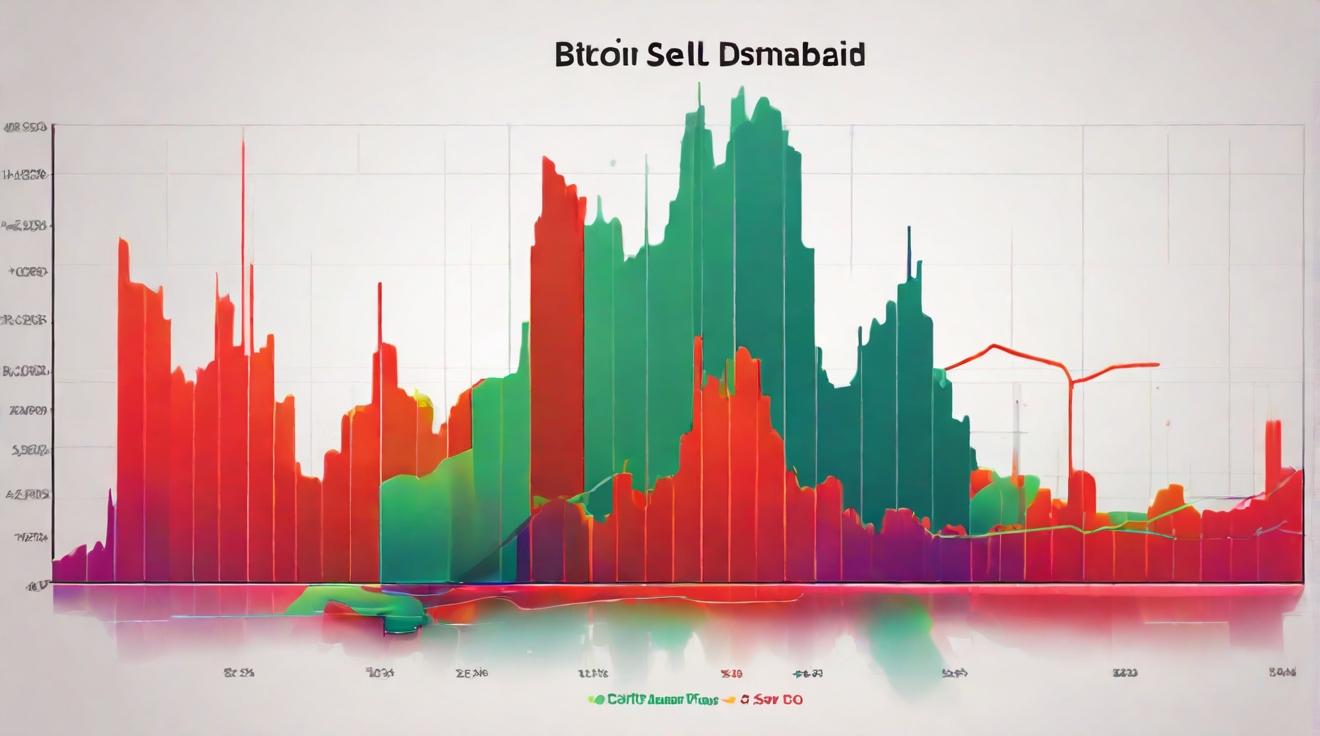Apple’s app store faces major changes after Supreme Court ruling
Apple has been dealt a blow as the US Supreme Court declined to review a lower court’s order, thereby making it necessary for the tech giant to comply with a far-reaching injunction that will reshape its relationship with mobile app developers. For years, Apple has sought to prevent app makers from using buttons, links, or other features within iOS apps to direct customers to purchase in-app content through payment channels other than Apple’s. This decision by the Supreme Court means that Apple will have to adhere to a nationwide injunction prohibiting its intervention when developers include such features in their apps.
Injunction against Apple highlights lasting impact of Epic Games lawsuit
The Supreme Court’s decision not to hear Apple’s petition emphasizes the significant and lasting impact of a lawsuit initially filed by Epic Games, the maker of “Fortnite.” This lawsuit has led to lasting changes in Apple’s app store, potentially impacting millions of apps on iOS. At the heart of the matter are the fees that Apple charges for in-app transactions made through its payment channels. Apple usually takes a 30% cut of these transactions. The injunction specifically targets Apple’s “anti-steering” language, which enables the company to block developers from incorporating features intended to bypass Apple’s payment system.
Supreme Court decision deals blow to Apple’s control over app developers
By refusing to hear Apple’s petition, the Supreme Court has weakened the tech giant’s grip on app developers. Apple has long maintained control over its app store, dictating the terms and fees that developers must adhere to. However, the nationwide injunction prevents Apple from intervening when developers introduce features that direct customers to alternative payment channels. This represents a significant departure from Apple’s previous practices and signifies a major shift in power dynamics between Apple and app developers.
Thousands of app developers affected by nationwide injunction against Apple
Apple’s Supreme Court filings indicate that the nationwide injunction could potentially affect thousands of app developers. The order initially emerged from Apple’s antitrust battle against Epic Games but has implications for a broader range of developers, even those not directly involved in the lawsuit. Apple had argued that the injunction was excessively broad as it impacted developers who were not part of the Epic Games litigation. However, the Supreme Court’s decision now confirms that all developers will be subject to the injunction.
Apple’s lucrative app store fees at stake after Supreme Court decline
The high fees that Apple charges for in-app purchases of digital goods and services are now in jeopardy following the Supreme Court’s refusal to hear Apple’s petition. The tech giant’s app store terms have allowed it to take a 30% cut from these transactions. However, the injunction prevents Apple from enforcing its “anti-steering” language and prohibits the company from blocking developers who provide features to circumvent Apple’s payment system. This has the potential to significantly impact Apple’s revenue streams from app store fees, as developers are now free to explore alternative payment channels.
Analyst comment
Positive news for app developers and potentially negative news for Apple’s app store revenue. The Supreme Court’s decision to decline review and enforce the injunction means that Apple will have to comply with new rules allowing developers to use alternative payment channels. This will reshape Apple’s relationship with app developers and may lead to a major shift in power dynamics. Apple’s lucrative app store fees are now at stake as developers can explore alternative payment options, potentially impacting the company’s revenue streams.













